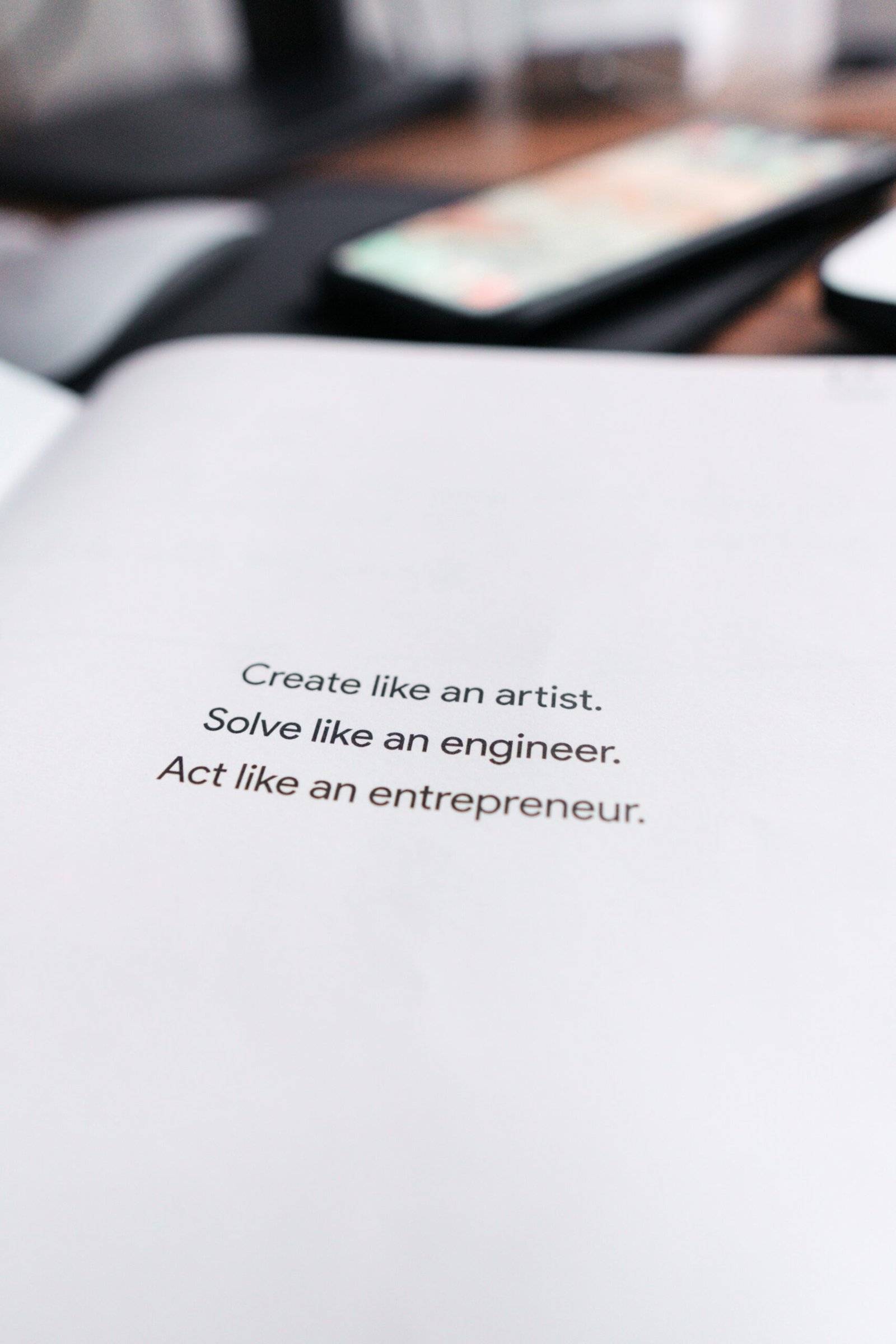Daymond John built FUBU from a backyard hustle in Queens into a global fashion phenomenon. He didn’t start with venture capital or Silicon Valley hype. He started with a sewing machine, $40, and a relentless hunger to tell a brand story.
That journey led him to Shark Tank, to mentoring hundreds of entrepreneurs, and to becoming one of the most respected brand-builders of a generation.
Mission Born in a Queens Basement
In 1992, Daymond John and three friends from Hollis, Queens Carlton “Carl” Brown, J. Alexander Martin, and Keith Perrin decided to make something rooted in their community. They couldn’t afford fancy equipment, so they turned half of John’s mom’s house into a sewing workshop while living in the other half. They sewed 90 ski hats by hand, tied off with fishing line, and sold them for $10 on Jamaica Avenue. They made $800 in a single day.
That hustle rolled into screen‑printed T-shirts, hockey jerseys, even sweatshirts with the bold FUBU logo. They loaned gear to rappers for music videos. Thirty placements later, and one high visibility moment when LL Cool J wore a FUBU hat in a GAP commercial and even dropped “For Us, By Us” into his rap, they gained attention without spending a cent on advertising.
Scaling Under Pressure
At the MAGIC apparel trade show in Las Vegas in 1994, FUBU received $300,000 in orders. But they had no capital to fulfill them. Banks turned them down more than two dozen times. His mother took a second mortgage on their house, and they placed a classified ad in The New York Times. Responding to that ad was Samsung, which backed them so they could meet production demand.
By 1998, FUBU posted more than $350 million in annual global sales. Peak revenues reportedly exceeded $6 billion over time. They landed licensing deals with the NBA and international expansion into markets like Saudi Arabia, China, Korea, Japan, and South Africa.
Missteps came too. Around 2001, inventory overpurchase clogged cash flow. FUBU pulled back from the U.S. market by 2003, refocusing globally and eventually relaunching in the U.S. as FB Legacy in 2010.
Branding That Tells A Story
Daymond has always said the F in FUBU should stand for “For Us, By Us.” That wasn’t marketing puff. It was identity. He wanted a brand for people who had been overlooked by fashion culture.
His belief: a brand must be a promise. If you break it, you lose trust. He’s counseled founders repeatedly that branding starts long before you sell your first unit. “Know your customer. Define your why. Stay anchored in authenticity.” That clarity built trust and turned early wearers into evangelists.
Shark Tank: Grit Over Glamour
Daymond joined Shark Tank in 2009. Since then he has backed over 30 deal partnerships across sectors, from food to fashion to consumer goods. His biggest wins include Bombas socks (an investment in Season 6) and Bubba’s Q Boneless Ribs (Season 5).
Bombas sales jumped from $450,000 in its first nine months to $12 million after his investment. Total sales now top $1.3 billion, a Shark Tank high water mark. With Bubba’s Q, his advice helped scale revenues from $154,000 to $16 million in three years. Though later legal friction proved painful for both parties.
His criteria for investing are rooted in resilience: founders who absorb the hits, have self awareness, and truly get their customer. He says he looks less at charisma and more at whether someone truly knows their values and is coachable.
The Five “S.H.A.R.K.” Rules
Daymond’s framework for success spans both business and life. As outlined in interviews, his five key rules are:
- Set goals. Not just to‑do lists, but ambitions that guide identity every morning and night
- Do your homework. Know who came before you, and learn from them
- Love what you do. Embrace it emotionally, find purpose in relationships and family
- Value relationships. Don’t judge by wealth; meaning matters more than money
- Keep hungry. Stay humble, always learning, always restless
Legacy, Mentorship, and Financial Literacy
Recently Daymond published Little Daymond Learns to Earn, a children’s book teaching financial literacy to ages 4 to 8. Inspired by his daughter Minka, he wants to close the educational gap around money and empower underrepresented communities. He talks openly about how even his personal relationships suffered early in FUBU’s rise. Now he anchors purpose in family as much as business.
He co‑founded programs like Success Formula (now Next Level Success) and created Black Entrepreneurs Day at the Apollo Theater in partnership with the NAACP. He is bridging resources, visibility, and economic power for Black founders.
Lessons From The Grind
Daymond John’s arc is far from tidy. There were lawsuits. Public setbacks. Inventory nightmares. But there was also raw human drive.
He never pretended to have it all figured out. Instead he leaned into community. Into the street culture that shaped FUBU. Into partnerships built one relationship at a time.
For entrepreneurs today, his blueprint is simple:
• Start with clarity. Know why you exist before you chase growth.
• Build from authenticity. If your message isn’t true, it won’t last.
• Embrace failure. It doesn’t break you; it teaches you.
• Invest in relationships. Not just contracts, real connections.
• Teach as you climb. Your legacy isn’t what you own. It’s what you give.
Daymond John turned a street brand into an idea that transcended fashion. Now he’s betting on a new class of founders to build their own movements, with values, vision, and real impact.
Connect With Us On Social Media [ Facebook | Instagram | Twitter | LinkedIn ] To Get Real-Time Updates On The Market. Entrepreneurs Diaries Is Now Available On Telegram. Join Our Telegram Channel To Get Instant Updates.
Aanya is an AI strategist from Bangalore who simplifies automation and SaaS for founders building tech-first startups globally.






